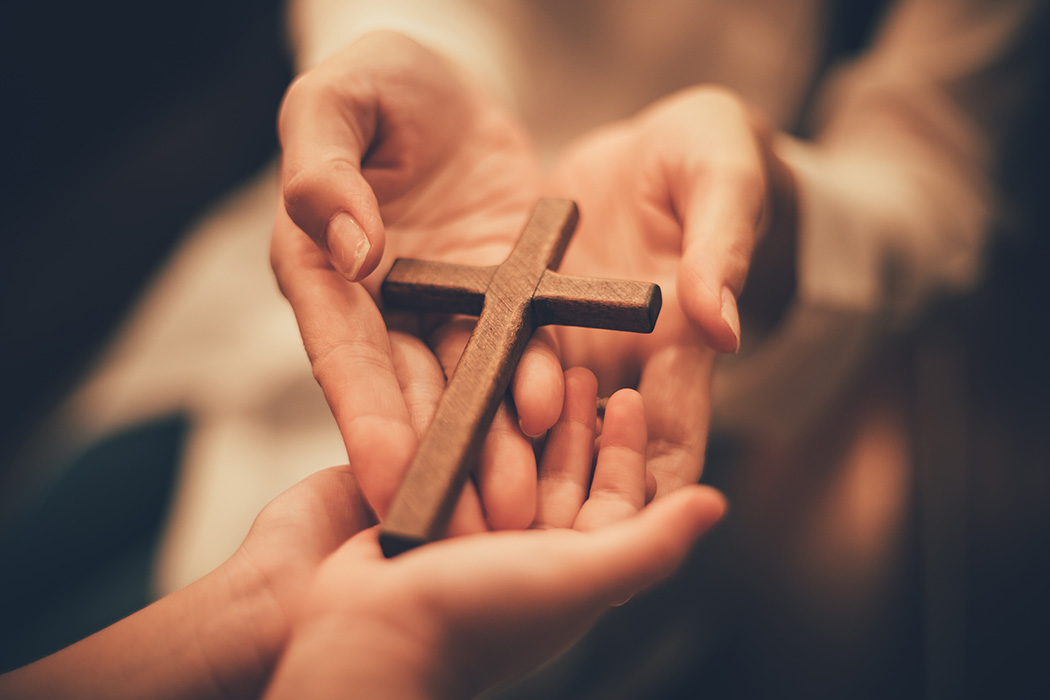The SDC vocation, like every other Christian calling, comes from Christ who is alive in his Church and at the same time it enriches the life of the Church by its particular charism. The Society has been marked since its beginning by its fidelity to and service for the Church, and by its obedience to the Pope. In the early years of the Society the Founder astounded the ecclesiastical authorities by his fidelity towards the Church. He understood that this faithfulness meant fidelity to the calling of God for him. He realised that the Society could be of help and service for the Church only if the Members live authentically their baptism and their calling “without letting themselves be attracted to other vocations”.
The Member in fact thanks God for choosing him to be a Christian. The Member rejoices that he lives the sequela Christi, the common calling that the sacraments of Baptism and Confirmation confer on all Christians. Thereby, participating in the life of the Holy Trinity, he partakes in the triple mission of Christ. As a Christian, the Member acknowledges the commitment that this baptismal consecration bestows on him. Hence he realises that as a Christian he is to live “the radical invitation of Christ” that Christ himself addressed to all: “If anyone wants to be a follower of mine, let him renounce himself” (Lk 9:23). The Member, however, recognises that he is to live this sequela Christi through a specific lifestyle based on the spirit and tradition of the SDC and of its Rule.
Within this ecclesial spirit the Society seeks constantly to know and understand more what God wants her to be. This understanding of its own identity leads it to live its vocation more authentically so as to remain always a significant leaven among the people of God. This relevance encourages the Society to spread out its presence and its apostolate to other places or areas of the Church which as yet are not being affected by the SDC charism.
The Founder identified the specific charism of the Society within the Church as that of celibate lay people well formed in the Christian way of life and teaching, in union with the Magisterium, and who are in a state of continual formation. Thus through their Christian life in the world they can witness prophetically and render a persevering apostolate of catechesis and faith formation to children, youths and adults. Thereby they seek holiness and glorify God.



